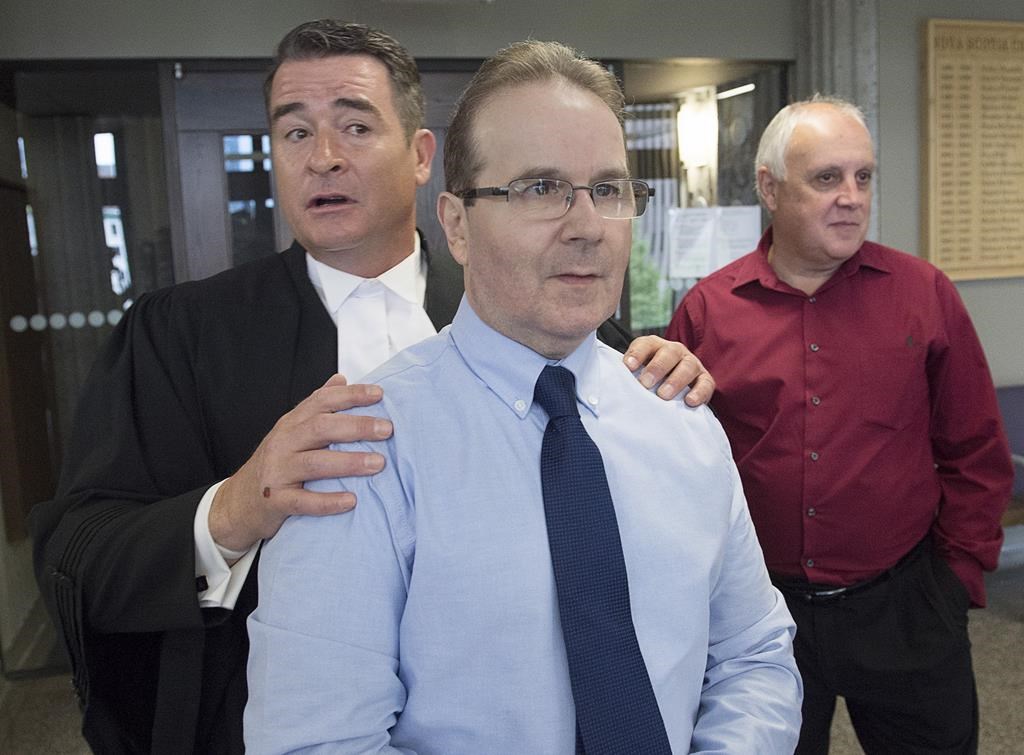Glen Assoun is afraid he will die before governments offer him compensation for almost 17 years of wrongful imprisonment.

That jail time has left him with a weak heart and fragile health.
The 64-year-old Halifax man says he has to lie down frequently, lacks energy and his doctor has told him his coronary system is operating at one third of its normal capacity.
Assoun says he thinks the prime minister is just waiting for him to die so this will go away.
Assoun was imprisoned for almost 17 years and then lived under strict parole conditions for nearly five more before a Nova Scotia Supreme Court ruling in March of 2019 reversed his 1999 conviction for the murder of Brenda Way in Halifax. Her 1995 killing has never been solved.
_848x480_1572451395878.jpg?w=1040&quality=70&strip=all)
Assoun’s lawyer Philip Campbell says he believes government negotiators are delaying a reasonable settlement.
Sean MacDonald, another of Assoun’s lawyers, says three levels of government could be involved with compensating Assoun — federal, provincial and the City of Halifax.
But he believes the prime minister’s direct involvement is key to a swift resolution because Ottawa has greater resources.
A spokesman for Nova Scotia Premier Stephen McNeil notes Ottawa and the province shared the cost of an undisclosed initial payment to Assoun, and negotiations continue.
The premier’s office says Mr. Assoun’s health has always been taken into consideration in the negotiations around compensation.
The statement adds that the province made a substantial offer of a second payment that could grow depending on the amount of a final negotiated settlement.
There is no legal requirement for compensation for a wrongfully convicted Canadian, but Campbell says there are now precedents for financial settlements in the millions of dollars.
This report by The Canadian Press was first published Oct. 20, 2020.
- What is a halal mortgage? How interest-free home financing works in Canada
- Ontario doctors offer solutions to help address shortage of family physicians
- Capital gains changes are ‘really fair,’ Freeland says, as doctors cry foul
- Budget 2024 failed to spark ‘political reboot’ for Liberals, polling suggests




Comments